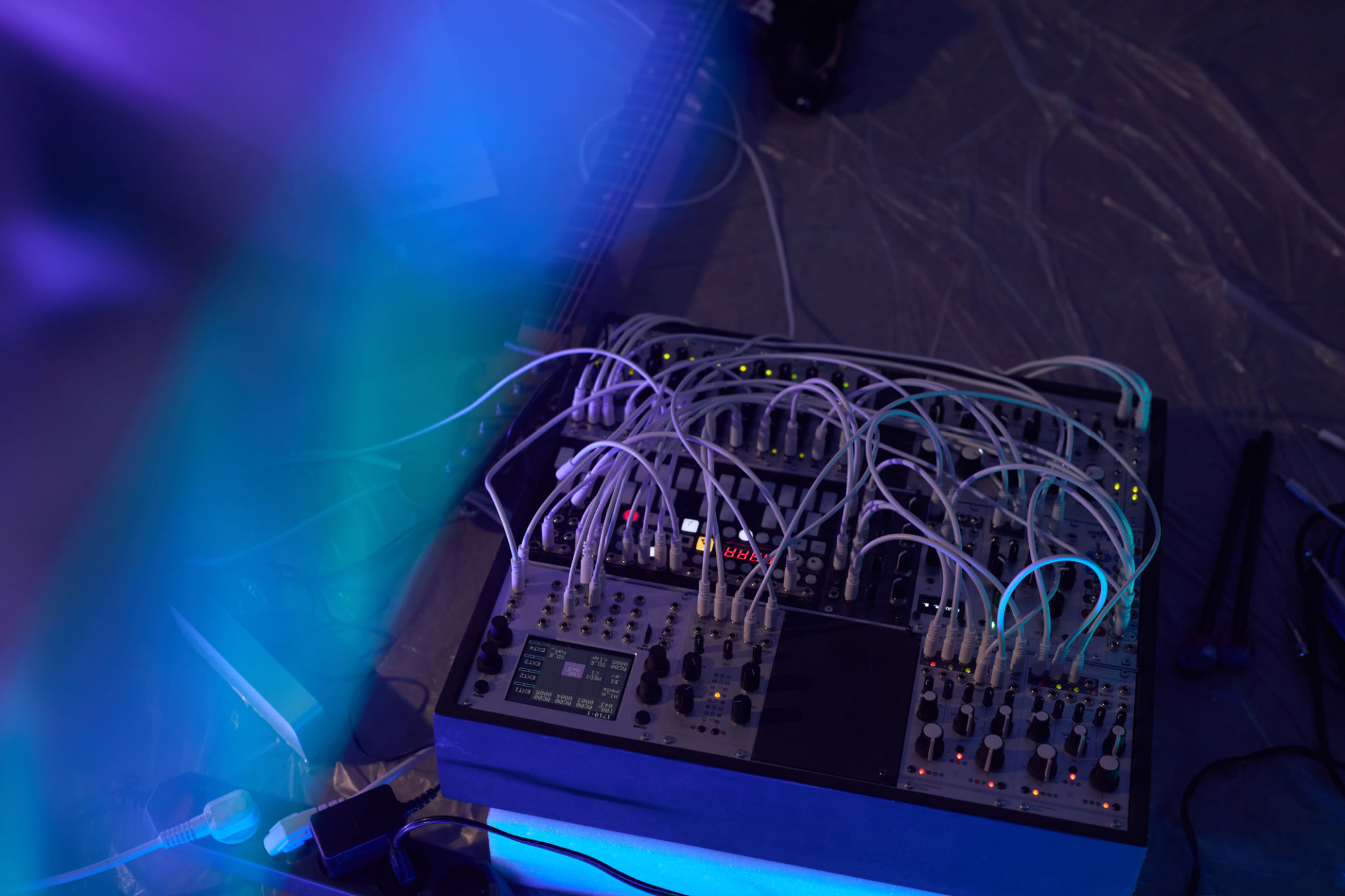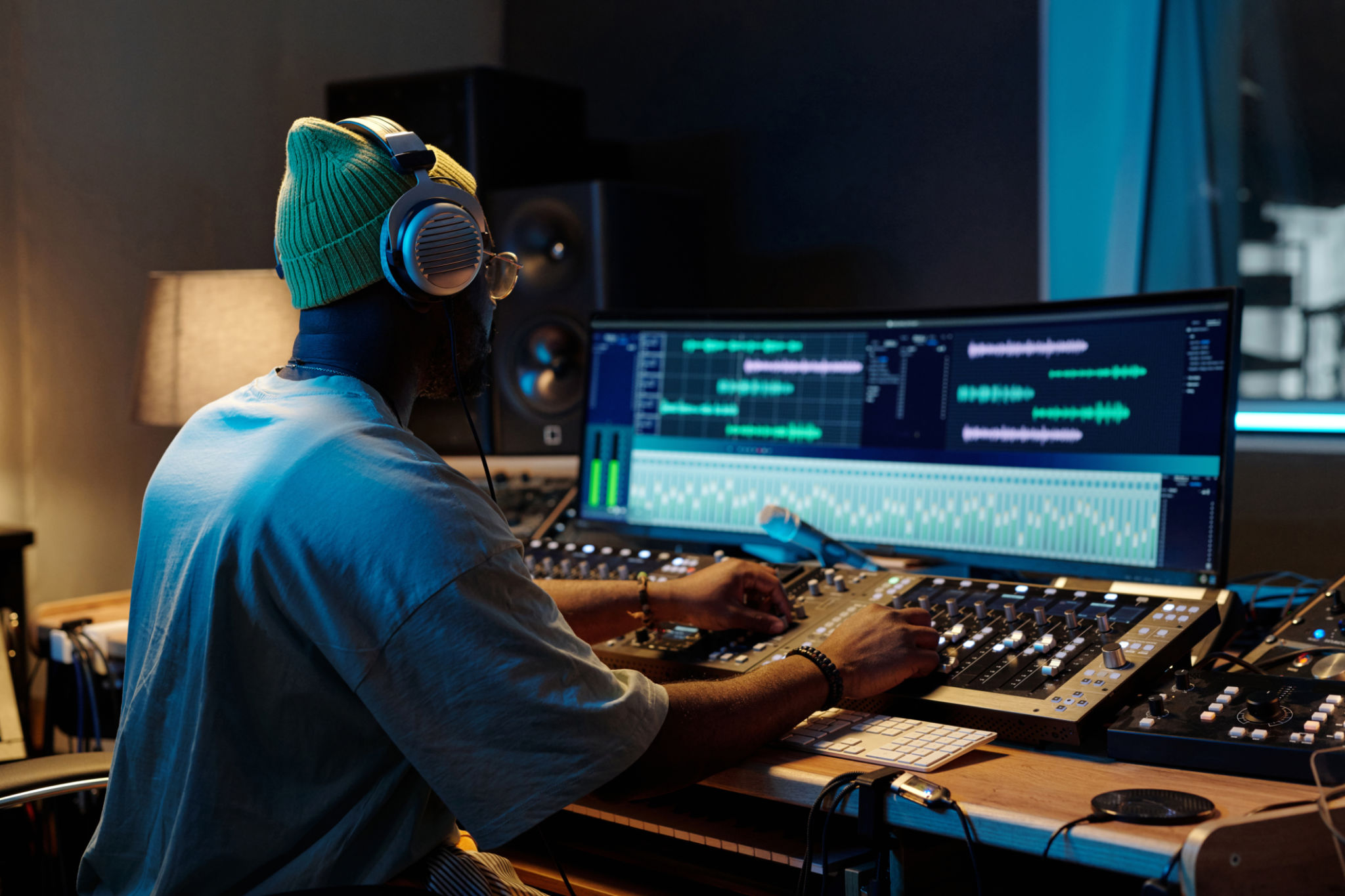Essential Equipment for Electronic Musicians: A Comprehensive Guide
Introduction to Essential Equipment for Electronic Musicians
In the world of electronic music, having the right equipment can make all the difference between an amateur setup and a professional studio. Whether you're a beginner or a seasoned producer, understanding the essential tools and gear is crucial for crafting high-quality tracks.
From digital audio workstations to synthesizers, this guide will cover the must-have equipment that every electronic musician should consider adding to their arsenal. We'll explore the features and benefits of each piece, ensuring you have a comprehensive understanding of what you need to succeed in the industry.

Digital Audio Workstations (DAWs)
Digital Audio Workstations are the heart of any electronic musician's setup. These powerful software platforms allow you to record, edit, mix, and produce audio tracks with ease. Popular DAWs such as Ableton Live, FL Studio, and Logic Pro offer a variety of features that cater to different production styles and preferences.
When choosing a DAW, consider factors like user interface, included plugins, and compatibility with your computer system. Many DAWs offer free trials or entry-level versions, allowing you to test them before making a commitment.

Synthesizers and Samplers
Synthesizers and samplers are key components in creating unique sounds and beats. A synthesizer generates audio signals that can be manipulated to produce different tones and effects. Popular options include hardware synthesizers like the Moog Sub 37 or software-based synths like Serum and Massive.
Samplers, on the other hand, allow you to record and play back samples of real-world sounds. Devices like the Akai MPC series have been staples in electronic music production for decades. Understanding how to use these tools effectively can vastly expand your creative possibilities.

Audio Interfaces
An audio interface is essential for connecting your instruments and microphones to your computer. It acts as a bridge between your equipment and your DAW, offering higher quality sound input and output than a standard computer sound card.
When selecting an audio interface, consider the number of inputs and outputs you need, as well as compatibility with your system. Brands like Focusrite, PreSonus, and Universal Audio are renowned for their reliable and high-quality interfaces.
Studio Monitors and Headphones
Accurate monitoring is crucial for mixing and producing music. Studio monitors provide a flat frequency response, allowing you to hear your tracks as they truly sound. Brands like KRK Rokit, Yamaha HS, and JBL offer excellent options for various budgets.

In addition to monitors, investing in a good pair of studio headphones is also important for detailed listening. Look for headphones that provide clear sound without coloration, such as those from Sennheiser or Audio-Technica.
MIDI Controllers
MIDI controllers are versatile tools that can control various aspects of your DAW and virtual instruments. They come in many forms, including keyboard controllers, drum pads, and control surfaces.
Consider what type of controller best suits your workflow. For instance, keyboard controllers like the Novation Launchkey are great for melody creation, while pad controllers like the Ableton Push are perfect for beat-making.
Final Thoughts
Building an effective setup requires careful consideration of your needs and budget. While this guide covers essential equipment for electronic musicians, remember that the best gear is what works for you and helps bring your creative vision to life.
As technology continues to evolve, staying informed about new tools and trends will ensure that your music production capabilities remain cutting-edge. With the right equipment and dedication, you'll be well on your way to producing outstanding electronic music.